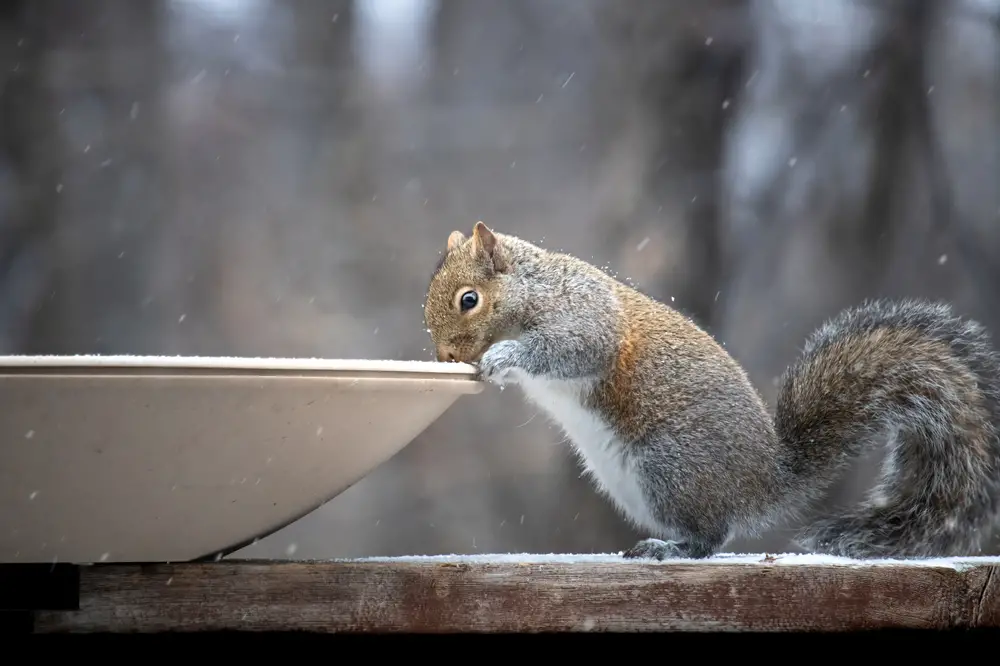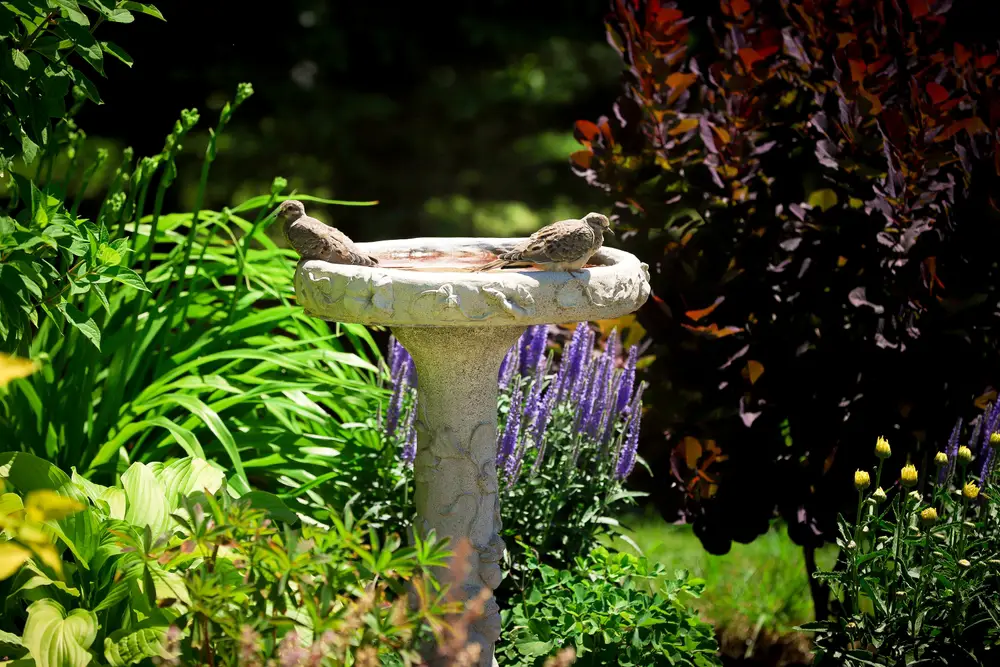Feeding wildlife can feel like a generous gesture, but it’s important to approach this activity thoughtfully to ensure it benefits rather than harms animals. Providing food to local wildlife may seem harmless, but it can sometimes lead to dependency, health issues, or behavioral changes. By understanding the dos and don’ts, you can support wildlife in ways that align with their natural habits and nutritional needs.

provided by Shutterstock
One of the primary rules is to feed wildlife only when it’s truly necessary, such as in cases of extreme weather when natural food sources are scarce. Offering appropriate food in moderation helps avoid dependency and ensures animals continue to forage for their natural diets. Avoid foods that are harmful to wildlife—bread, for instance, may be a common choice but lacks the nutrients animals need and can lead to health issues.
Setting up a bird feeder with natural seeds and fruits is a safer way to provide occasional support, attracting birds without interfering with their foraging instincts. If feeding larger animals, be sure to do so in areas where they can feed undisturbed and avoid human-inhabited spaces to prevent them from becoming overly comfortable around people. By following these guidelines, you can provide meaningful support to local wildlife without disrupting their natural behaviors.
Another key consideration is understanding which foods are suitable for specific animals. Different species have unique dietary needs, and feeding them the wrong types of food can cause digestive problems or malnutrition. Researching the dietary preferences of the wildlife in your area allows you to offer appropriate foods when necessary. For example, unsalted nuts are great for squirrels, while small fruits and seeds are suitable for birds. Keeping offerings natural and species-appropriate minimizes potential health risks.

provided by Shutterstock
Additionally, feeding wildlife in a consistent, yet sporadic manner is important. Setting up seasonal feeders, for example, provides support during harsh months without creating year-round dependency. Animals naturally adapt to their environment, and sporadic feeding helps ensure they maintain their survival instincts and continue to seek food on their own. By allowing nature to take its course, with just a little supplemental help, you’re supporting wildlife resilience rather than altering it.
Lastly, clean up any leftover food or feeders that are no longer in use. Rotting food can attract pests and potentially harm animals that consume it. Regularly cleaning bird feeders and rotating food offerings prevents the spread of diseases, which is crucial in maintaining a healthy ecosystem. These steps ensure that your efforts to support wildlife remain beneficial and contribute positively to local biodiversity.


